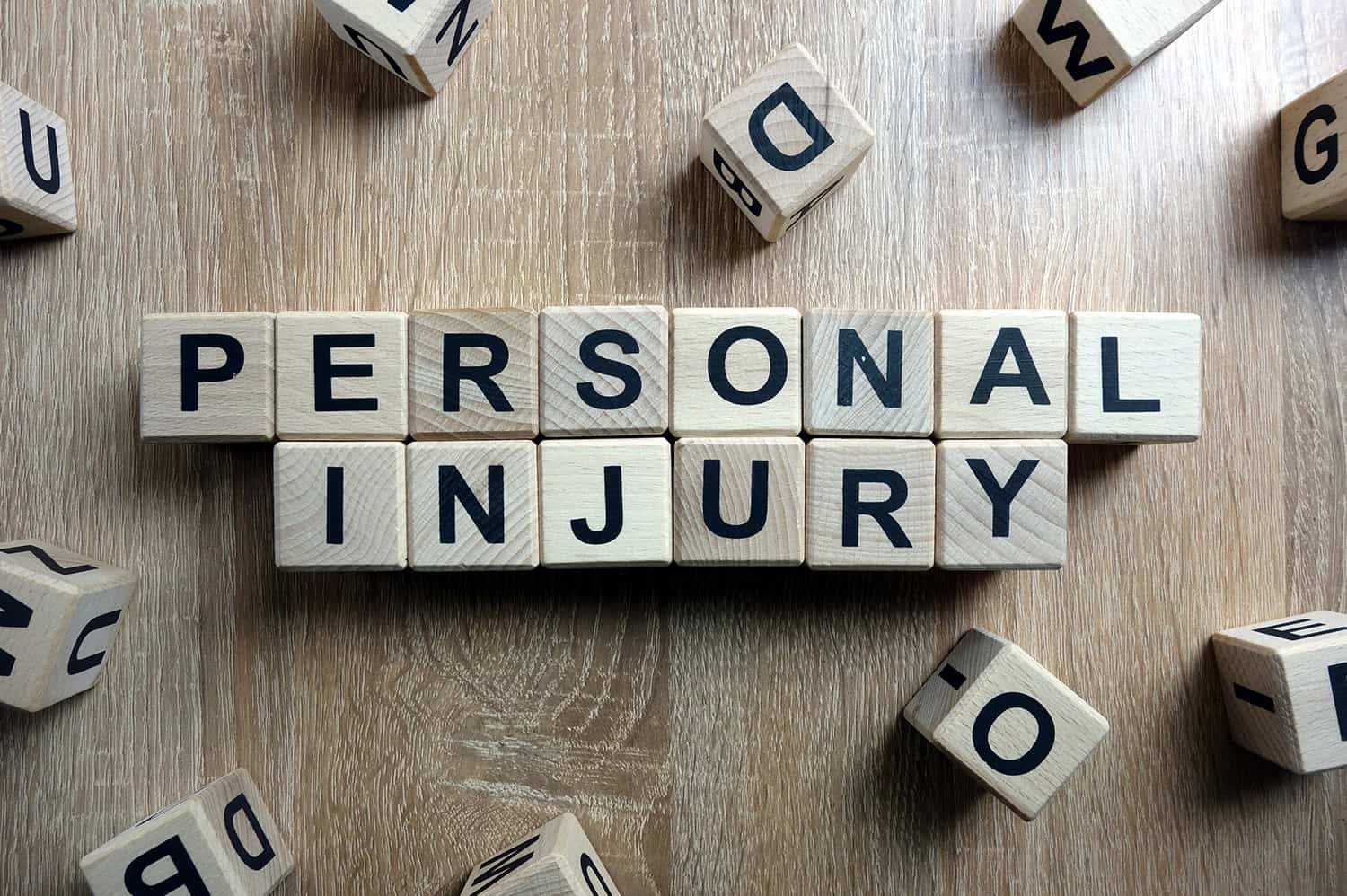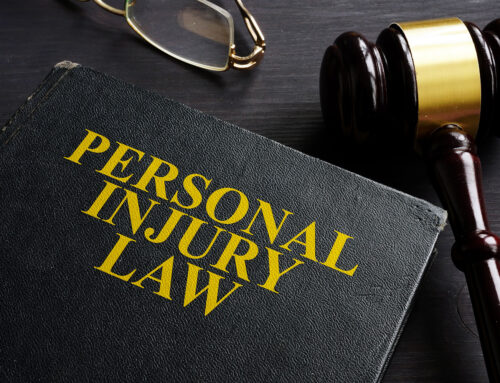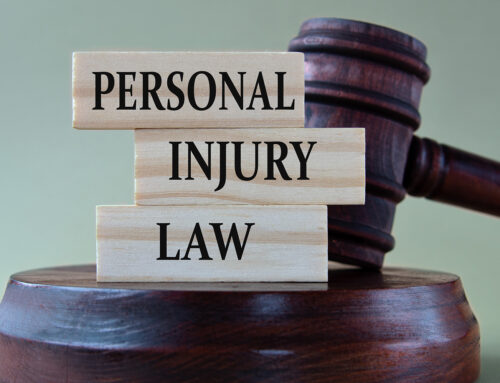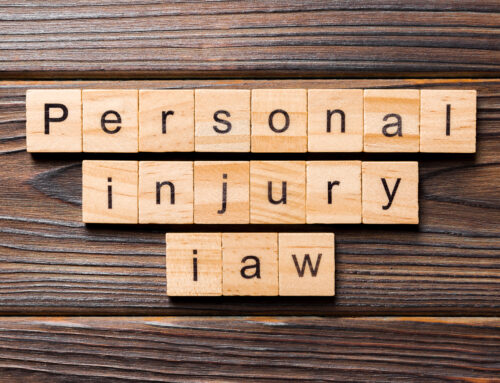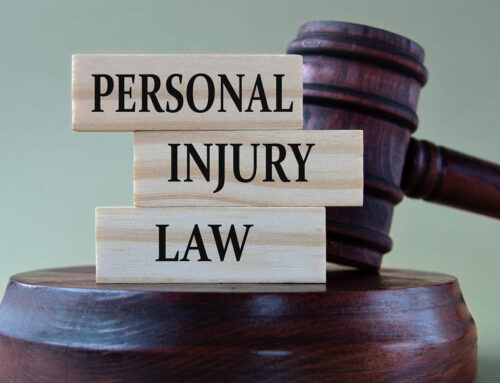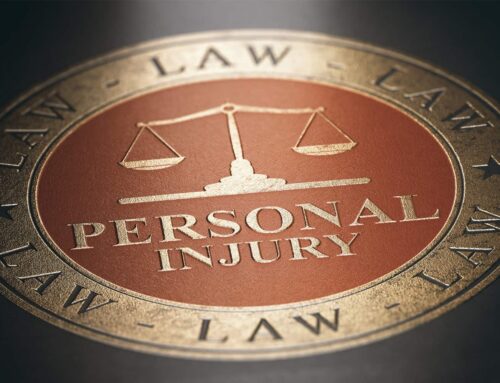Mistakes are especially common in times of stress. For example, tension can scatter your attention, muddle your focus, and compromise your decision-making abilities. It’s no secret that being injured in car crashes, slip and falls, dog bites, and other types of incidents can be incredibly stressful. That is a major reason people make common but avoidable errors.
1. Not Telling the Police
One mistake is not notifying the police that something happened. This can occur for many reasons.
- Shock right after an incident
- A focus on making sure everyone is OK
- Apparent absence of injuries
- Seemingly minor property damage
- Being on private property and thinking the police won’t do anything versus if you were on public property
Bypassing police notification can hurt you in many ways. For instance, other drivers might say you caused damage to their car (damage you swear was not there at the scene). The same applies if drivers say you caused their injuries.
The absence of a police report leaves everything open to interpretation. People can fake injuries or even injure themselves on purpose and say you hurt them so they can get money.
Even if other drivers say at the scene they are at fault and apologize profusely, it may not matter if there is no police report. Drivers can change their story and tell their insurance company a different version.
You could then get denied much-needed compensation for your injuries and property damage. It is even possible that you could be found at least partially responsible and face having to pay compensation and increased insurance rates.
It also does not matter if the incident is a dog bite or slip-and-fall (people often do not think to notify police after these). Play it safe, and insist on police contact and a report.
2. Forgetting To Review a Copy of the Report
A police report should be available a few days after the incident. The police might not have come to the scene, but officers should have filed a report to document what happened. You should always get a copy of the report.
Review the report carefully for accuracy. Contact the investigating officer as soon as possible if you notice mistakes. If you wait, the less accurate the officer’s memory becomes and the less likely that corrections will happen.
3. Skipping Medical Attention and Medical Orders
Many people don’t go to the doctor after a wreck, dog bite, or slip-and-fall. Often, this is because they feel OK or that their injuries are minor. If there is obvious pain, then factors such as a fear of doctors or of the unknown may prevent people from seeking help.
Whatever the case, it is a big mistake to skip medical attention. Even no pain or very slight amounts of pain can signal big trouble.
- If you do not get medical attention until weeks later, the other side or insurance company is likely to say that something else caused your injuries.
- Immediate documentation of your symptoms helps prove a direct link.
- Even your doctor might not fully believe you weeks later if your medical communication has been absent, confused, or sporadic.
An equally big mistake can be neglecting to follow medical orders. Often, they include recommendations to see a specialist. To get all of the compensation you deserve after a personal injury, follow all medical advice.
Consult any specialists you are advised to, and follow treatments prescribed. Go to appointments, take medications, and follow guidelines for continuing treatments at home. This is how you show your insurance company you are genuinely hurt and legitimately trying to get better. Otherwise, insurers might think you are not hurt or that you are exaggerating your injuries.
4. Making an Insurance Statement on the Record
An insurance adjuster is likely to contact you and ask to record the conversation between the two of you. Tread carefully.
- Insurers can take anything you say, even out of context, and use it against you later.
- Any guesses you make or even a simple, “I’m sorry,” could show liability when you do not have any.
- If you talk with an adjuster (and you don’t have to!), be factual. For example, do not estimate times you are not sure of. Say, “I am not sure,” or, “I don’t remember,” as many times as you need to.
Other common missteps include signing releases without reviewing and understanding them. This can mean getting a settlement for far less than what you are entitled to. You also don’t want to post on social media in case photos or posts are taken out of context by the insurance company.
Contact a Personal Injury Lawyer
Not getting in touch with a lawyer can be a mistake, too. Lawyers have the expertise to navigate the system, negotiate with parties, and help injured people get compensation. Contact the Law Offices of Brent D. George today to discuss your case.

